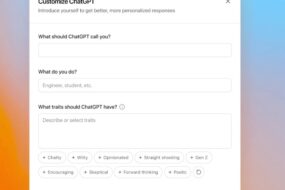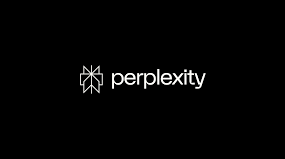
Source: Abraham Augustine/Techcabal
After two years of planning and drafting regulations, Nigeria’s central bank announced rules to guide Open Banking in Africa’s largest economy two weeks ago. Adopting Open Banking in Nigeria “will foster the sharing of customer-permissioned data between banks and third-party firms to enable the building of customer-focused products and services,” reads the central bank statement.
The announcement was hailed by banking industry and fintech professionals in Nigeria and globally. The next step to operationalise the rules for open banking involves creating a registry that will function as a public repository for details of registered participants. The Open Banking Registry will also function as a repository for the APIs that allow banks and non-banks to exchange customer data.
Per the Open Banking Guidelines, the Open Banking Registry’s API interface would serve as “the primary means by which API providers manage the registration of their API consumers.” Last week, the central bank held talks with financial sector players to discuss the next steps for creating the Registry and accessing bank APIs.
Multiple sources who were privy to the talks say the Central Bank of Nigeria told representatives of financial sector institutions that it wanted the registry to be designed and maintained by The Nigerian Inter-Bank Settlement System (NIBSS). The apex regulator also told industry representatives at the meeting that it wanted NIBSS to control access to banks’ APIs in what one person close to the talks described as an ”aggregator model”.
Industry professionals who were at the meeting say that while they have no qualms with NIBSS building and maintaining the Open Banking registry, they oppose the CBN’s move to impose centralised control to Open Banking APIs through NIBBS. “I want to connect to fintech or bank directly. Why do I have to go through NIBSS? It is the opposite of Open Banking,” one person who is close to talks, disclosed. “It is like forcing everyone to watch one TV station in order to see broadcasts from other television networks,” the person added.
Already, firms like Mono, Okra and OnePipe allow retail bank customers to securely connect their financial accounts to the business apps and services they choose. The CBN’s new move may imperil how these firms connect to the financial institutions of their customers.
Formalising Open Banking rules was supposed to bring transparency, support competition and foster innovation in the delivery of financial services. But making Open Banking API consumers and providers talk to each other through NIBSS risks turning the industry-led Open Banking effort on its head and is at odds with the CBN’s guidelines.
Banking and fintech insiders argue the settlement corporation—which was co-created by the CBN and the Nigerian Banker’s committee—cannot be both regulator of open banking and a participant in the open banking system.
NIBSS was created in 2014 to enable same-day clearing and settlement of inter-bank transfers and payments in Nigeria. NIBSS also offers other payment products including mCash, a customer-to-merchant payments product, NQR, a QR-code-based payments platform and e-Bills Pay, for collecting levies, and fees. Centralising Open Banking within NIBBS would make it both a regulator and a competitor.
Industry professionals concede that the CBN may have other legitimate reasons for proposing this arrangement, but they ask that the apex regulator be open to suggestions from fintechs and banks. “We’re engaging with the CBN. They have always given us a listening ear,” one person close to ongoing talks told TechCabal.
Source: Abraham Augustine/Techcabal





